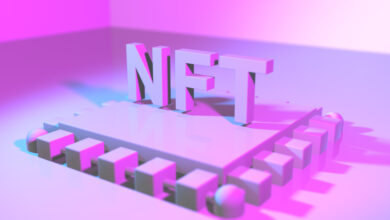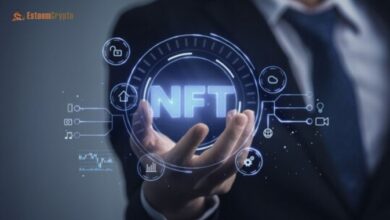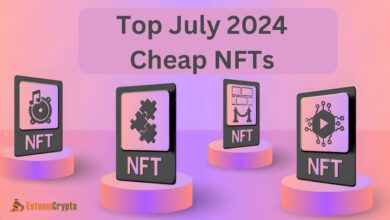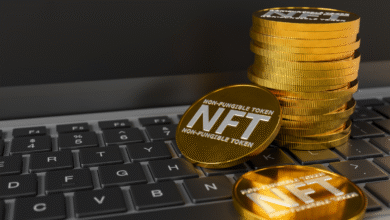Corporate Adoption of NFTs: Revolutionizing Business Trends

Corporate Adoption of NFTs: The advent of Non-Fungible Tokens (NFTs) in the past few years has been nothing short of transformative for the cryptocurrency industry. With their roots in digital art and collectibles, NFTs are quickly gaining traction across organizations in various industries, causing a fundamental shift in how businesses operate. Examining the uses, advantages, disadvantages, and potential future of NFTs, this article dives into their adoption by corporations.
Understanding NFTs
Non-fungible tokens are one-of-a-kind digital assets issued and confirmed by a blockchain. While fungible cryptocurrencies like Bitcoin and Ethereum can be exchanged directly between users, NFTs are unique and cannot be duplicated. Due to its singularity, NFTs are well-suited to reflect ownership of real estate, intellectual property, works of art, music, and other physical or digital possessions.
Early Corporate Pioneers
Several innovative companies saw the promise of NFTs right away. Some well-known brands have already entered the NFT area, with Louis Vuitton, Nike, and Adidas all developing digital products and using NFTs for marketing and consumer engagement. These trailblazers have paved the way for more companies to join the NFT ecosystem.
Nike and Cryptokicks
Launching their Cryptokicks digital footwear collection, Nike first ventured into NFTs. Sneakerheads and digital collectors are a new target audience for Nike, thanks to the brand’s innovative use of NFTs and the allure of limited-edition footwear. Every Cryptokick NFT has a physical counterpart, making the digital asset more real.
Adidas and Virtual Fashion
Through partnerships with digital artists and makers, Adidas has fully embraced NFTs. The limited-edition digital wearables featured in their “Into the Metaverse” project are designed for use in virtual settings and games. Along with showcasing Adidas’s innovation, this effort offers a look into the future of virtual fashion and the increasing significance of digital identification.
Benefits of Corporate Adoption of NFTs
Enhanced consumer engagement, increased income sources, and improved brand loyalty are just a few major advantages organizations may reap by adopting NFTs.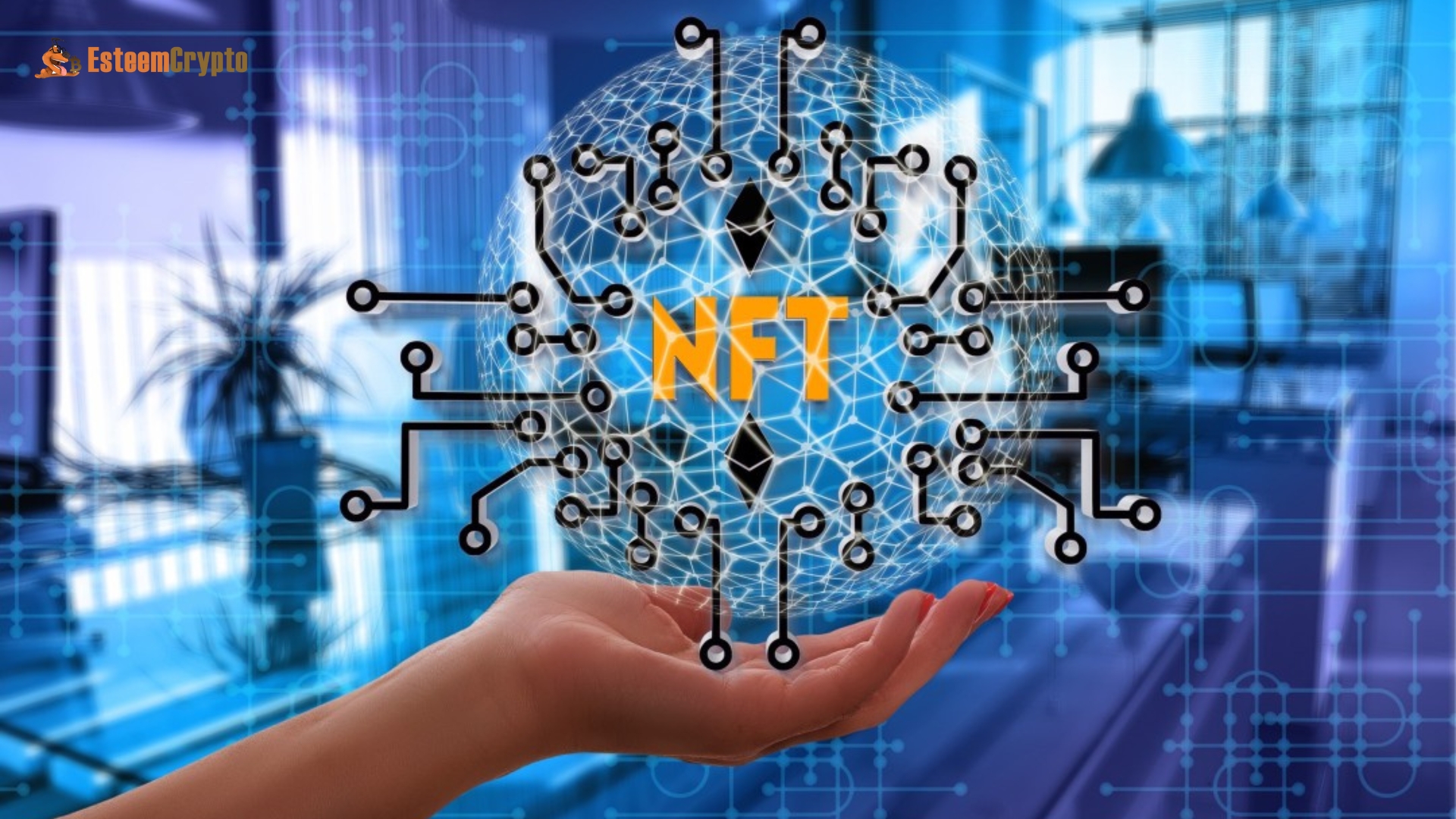
Enhanced Customer Engagement
With NFTs, companies can engage with their customers more deeply and immersively. Brands can build loyalty and exclusivity among customers by providing them with one-of-a-kind digital experiences and collectibles. They can also use limited-edition NFTs in marketing campaigns or give them to loyal consumers as a reward.
New Revenue Streams
Companies can access new sources of income with NFTs. Tokenizing digital or physical goods allows businesses to bypass traditional supply chain constraints and sell to a worldwide audience in novel ways. NFTs also make it possible to build secondary marketplaces where digital assets may be sold, which always brings in royalties.
Improved Brand Loyalty
NFTs have the potential to increase brand loyalty by encouraging a more personal relationship between consumers and brands. Customers are more likely to become brand champions when they feel a sense of pride and belonging through ownership of a unique digital asset. A further purpose for NFTs is to incentivize repeat business from loyal consumers by providing them with unique access to material or events.
Challenges and Considerations
Despite all the upsides, adopting NFTs as a company isn’t a picnic. Companies must stay on top of technological, regulatory, and ethical problems when incorporating NFTs into their plans.
Technical Challenges
A strong grasp of blockchain technology and its supporting architecture is essential for implementing NFTs. Businesses must allocate the requisite resources and technical knowledge to create and maintain their NFT platforms. These systems must be secure and scalable as an added precaution against fraud and for the safety of users’ digital assets.
Legal and Regulatory Issues
Different jurisdictions impose new restrictions, changing the legal landscape surrounding NFTs. NFTs’ tax, consumer protection, and intellectual property implications are complex, and businesses need to be aware of them all. Working with legal professionals is essential for navigating these complicated regulations and ensuring compliance while minimizing risks.
Environmental Concerns
There is concern about blockchain technology’s potential environmental impact, namely the energy usage linked to proof-of-work systems. To reduce their impact on the environment, businesses using NFTs should consider how long their operations will last and consider greener options like proof-of-stake blockchains.
Successful Corporate NFT Initiatives
The fact that NFTs have found a home in the business structures of multiple organizations proves the technology’s versatility and promise.
NBA Top Shot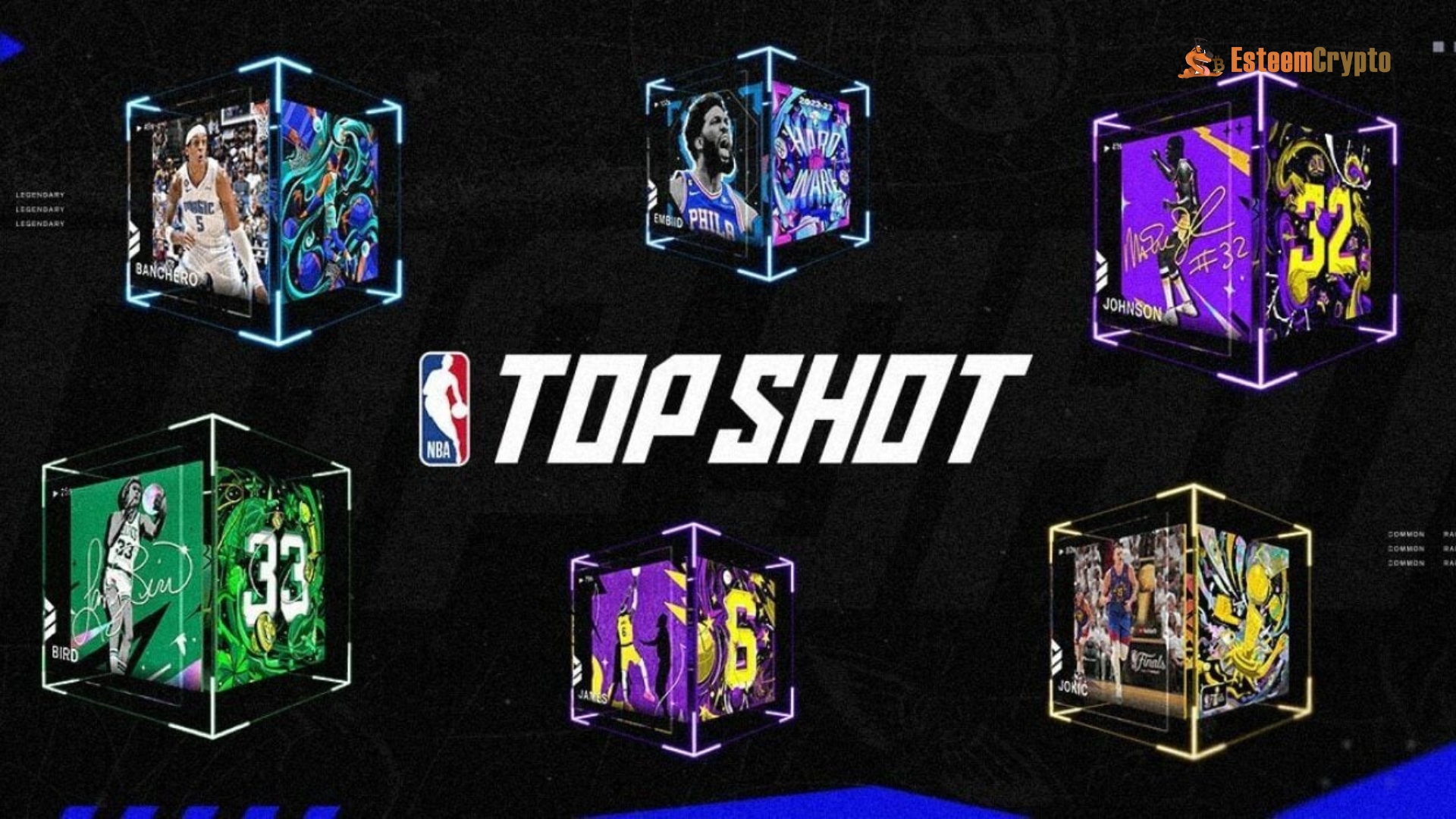
One example of a company that has successfully adopted NFTs is Dapper Labs, which created NBA Top Shot in partnership with the NBA. Users can purchase, sell, and exchange NBA-licensed collectible highlights using NFTs on the platform. The huge user base and substantial income generated by NBA Top Shot demonstrate the allure of digital artifacts tied to sports.
Warner Music Group and Digital Concerts
Warner Music Group (WMG) has embraced NFTs in its digital transformation strategy. By partnering with blockchain companies, WMG has explored the concept of digital concerts and exclusive music releases. Fans can purchase NFTs to gain access to virtual performances and unique content, creating new revenue streams for artists and enhancing fan engagement.
Sotheby’s and Christie’s
Reputable auction houses Sotheby’s and Christie’s have held prominent online art sales, marking their entry into the NFT market. Works by famous digital artists have fetched millions of dollars and attracted a lot of media attention at these auctions. The success of these auctions demonstrates both the conventional art world’s increasing embrace of NFTs and their revolutionary market potential.
Future Prospects and Trends
Several important trends will determine the future of corporate adoption of NFTs.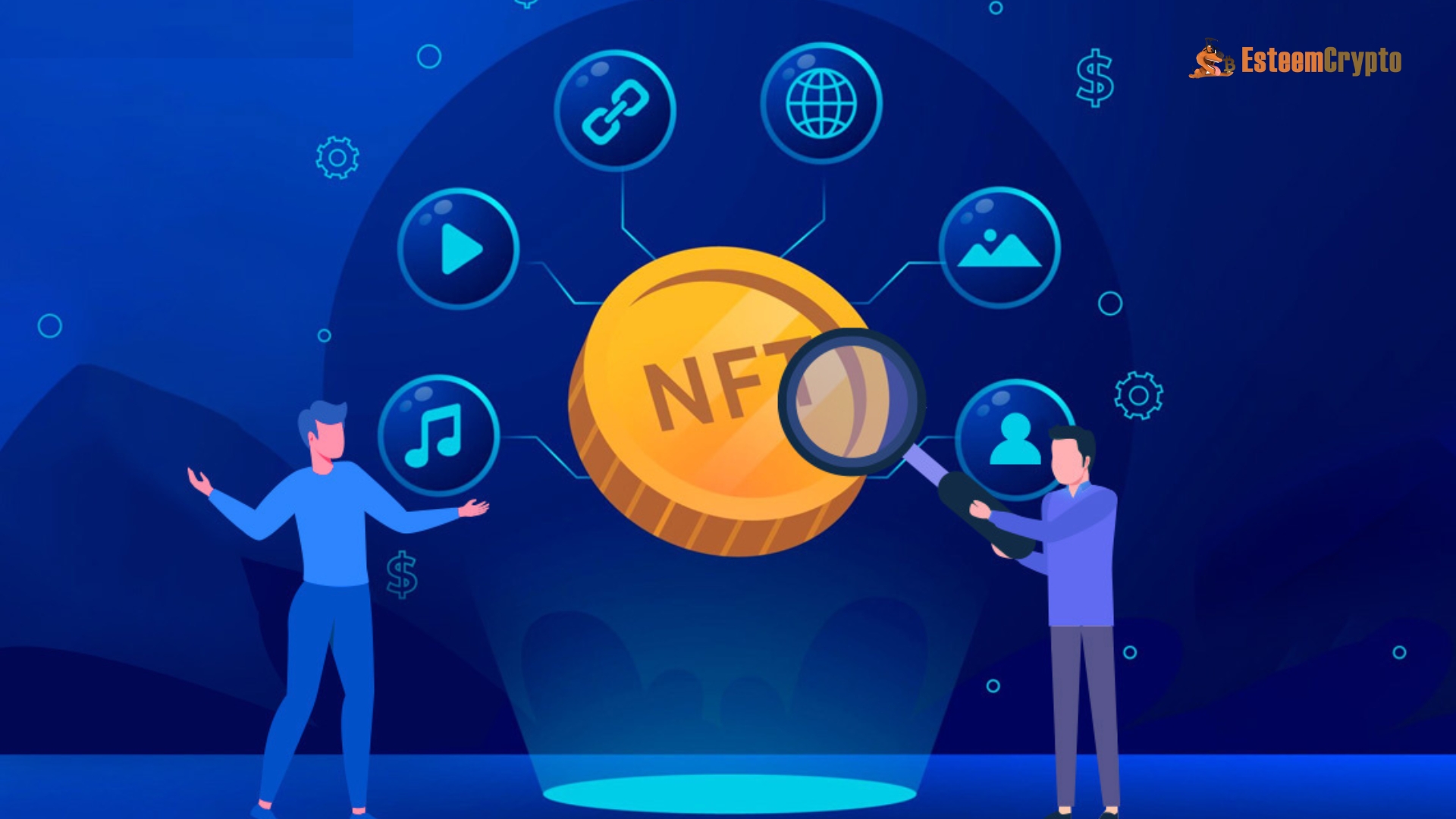
Integration with the Metaverse
The idea of the metaverse, a shared virtual environment for groups of people, is starting to catch on. Businesses are investigating the potential significance of NFTs in this digital space, where they can facilitate the ownership and interoperability of digital assets. Luxury fashion houses have been quick to jump on the bandwagon when developing metaverse wearables and experiences that combine the best of the real and virtual worlds.
Tokenization of Real-World Assets
Tokenization of physical assets is a new trend expanding beyond digital items and artwork. Thanks to the possibility of representing these assets as NFTs, new forms of trading and purchasing real estate, high-end items, and intellectual property are emerging. This movement might lead to more open and efficient marketplaces while upending established sectors.
Enhanced Interactivity and Utility
Future NFTs are anticipated to feature improved interactivity and practicality. One possible use case for NFTs is the provision of exclusive digital services, events, or even voting rights in decentralized communities. This evolution will foster a more dynamic and interactive ecosystem, which will create increased engagement and value for NFT holders.
Conclusion
The corporate adoption of NFTs represents a transformative shift in how businesses engage with customers, generate revenue, and manage digital assets. While challenges exist, the potential benefits and opportunities offered by NFTs are immense. As technology evolves and regulatory frameworks mature, more corporations are likely to explore and integrate NFTs into their strategies, shaping the future of commerce and digital interaction. By staying at the forefront of this innovation, companies can unlock new avenues for growth and redefine their relationship with the digital world.

